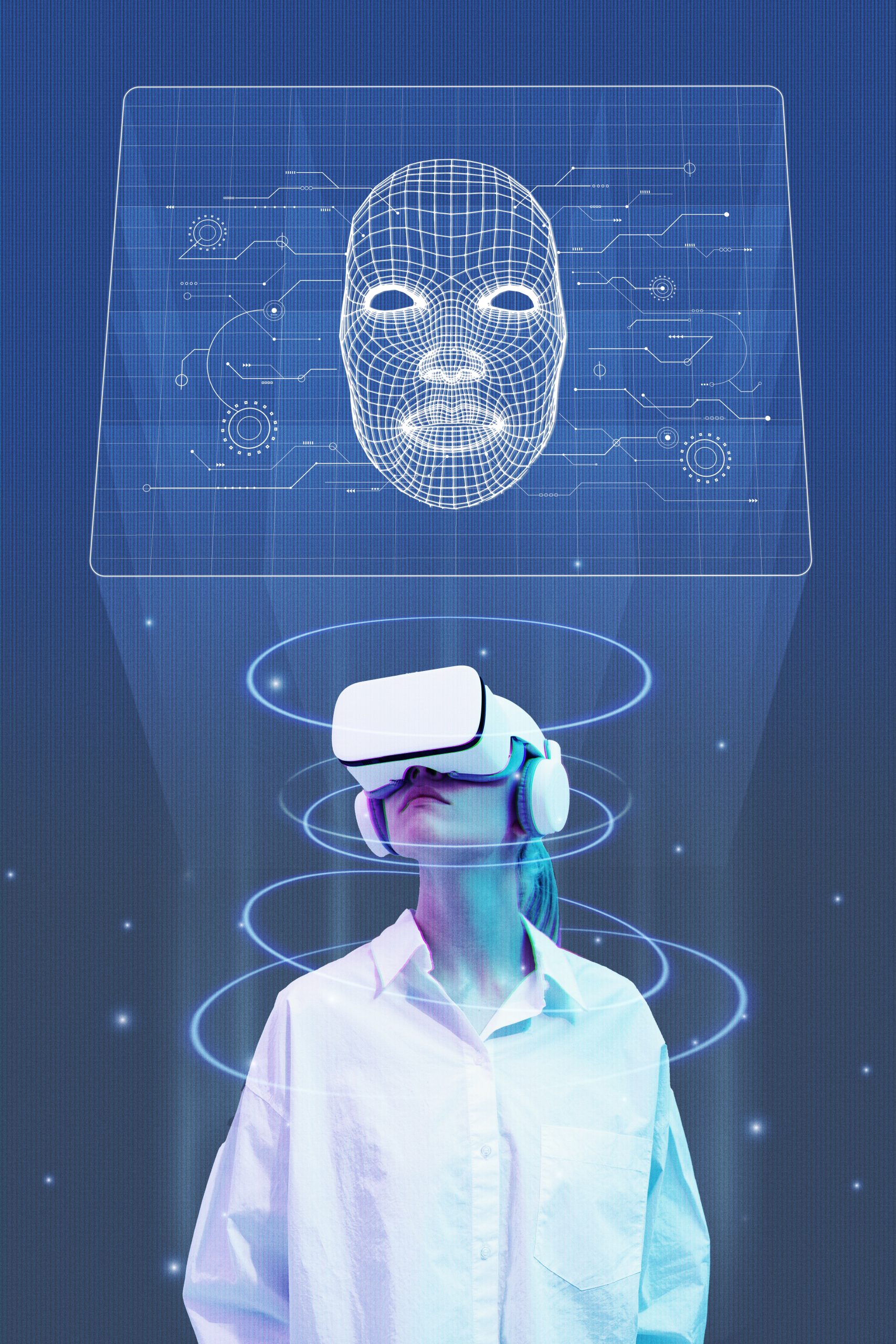PART 2


The future of AI holds immense potential, and it is poised to create significant advancements across various domains. Here are some anticipated developments and creations AI might bring in the coming years:
Advanced AI Applications and Innovations
- Enhanced Healthcare Solutions:
- Predictive Analytics: AI will predict disease outbreaks and individual health issues before they occur, enabling preventative care.
- Advanced Drug Discovery: AI will accelerate the process of discovering new drugs and personalized treatments by analysing biological data at unprecedented scales.
- Virtual Health Assistants: More sophisticated AI-driven virtual assistants will provide continuous health monitoring and advice, improving patient care and management.
- Smart Cities:
- Urban Planning: AI will assist in designing sustainable and efficient urban spaces, optimizing resource allocation and infrastructure development.
- Traffic Management: AI will further enhance traffic flow management, reducing congestion and emissions through real-time data analysis.
- Public Safety: AI-powered surveillance and predictive policing will enhance public safety while addressing privacy and ethical concerns.
- Autonomous Systems:
- Next-Generation Vehicles: AI will enable fully autonomous cars, trucks, drones, and even ships, revolutionizing transportation and logistics.
- Smart Homes and Buildings: AI will create homes and buildings that adapt to their inhabitants’ needs, improving energy efficiency, security, and comfort.
- Advanced Robotics:
- Service Robots: AI-driven robots will handle household chores, provide companionship, and assist the elderly and disabled.
- Industrial Automation: AI will drive the next wave of automation in manufacturing, with robots performing complex tasks alongside human workers.
- Personalized Education:
- Adaptive Learning Platforms: AI will create highly personalized and adaptive learning experiences, catering to individual students’ strengths and weaknesses.
- Virtual Classrooms: AI will enhance remote learning through immersive virtual classrooms and real-time language translation.
- Creative AI:
- Art and Entertainment: AI will collaborate with humans to create new forms of art, music, literature, and interactive entertainment.
- Content Generation: AI will produce high-quality content, from news articles to movies, tailored to specific audiences.
- Scientific Research and Discovery:
- Automated Research Assistants: AI will assist scientists by analysing vast datasets, conducting experiments, and generating hypotheses.
- Space Exploration: AI will aid in exploring other planets and celestial bodies, analysing data from space missions, and potentially managing autonomous space stations.
- Financial Services:
- Personal Finance Advisors: AI will offer personalized financial advice and management, helping individuals optimize their savings, investments, and spending.
- Fraud Prevention: Advanced AI systems will detect and prevent financial fraud with greater accuracy.
- Environmental Sustainability:
- Climate Modelling: AI will improve climate models, predicting and mitigating the impacts of climate change more effectively.
- Resource Management: AI will optimize the use of natural resources, from water to energy, reducing waste and promoting sustainability.
- Ethics and Governance:
- AI for Social Good: AI will be used to address social challenges, such as poverty, inequality, and access to education and healthcare.
- Ethical AI Frameworks: Development of frameworks to ensure AI systems are transparent, fair, and accountable.
Challenges and Considerations
While AI promises to create transformative changes, it also presents challenges that need careful consideration:
- Ethical Concerns: Ensuring AI systems are used responsibly, avoiding biases, and protecting privacy.
- Job Displacement: Addressing the impact of automation on employment and ensuring a smooth transition for affected workers.
- Security: Protecting AI systems from malicious attacks and ensuring robust cybersecurity measures.
- Regulation and Governance: Developing appropriate regulations to oversee the development and deployment of AI technologies.
- Transparency and Trust: Building AI systems that are understandable and trustworthy to users.
Conclusion: AI’s future is bound to create groundbreaking advancements that will significantly impact various aspects of human life. While the potential benefits are vast, it is crucial to address the associated challenges to ensure AI is developed and used in a way that benefits society as a whole. With thoughtful regulation, ethical considerations, and innovative approaches, AI can create a future that is smarter, more efficient, and more equitable.
